San Diego Unified Turns Focus to SEL to Manage Stress Within Large, Diverse School Communities
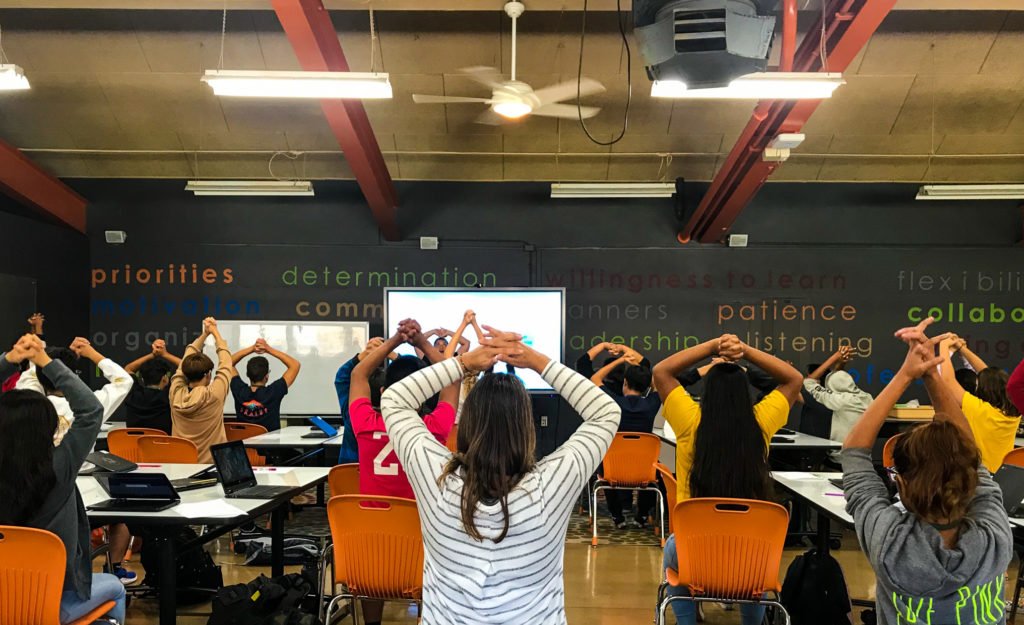
One of the largest school districts in the U.S. has partnered with Pure Edge in response to an increase in stress and anxiety. Both educators and learners reap the benefits. “I’m passionate about SEL,” said Kearny High School English teacher Daina Weber, “and I felt like this was another opportunity for students to get skills […]
Lutheran Services Florida: Saving Jacksonville’s Head Start Program and Strategizing to Transform Its Culture
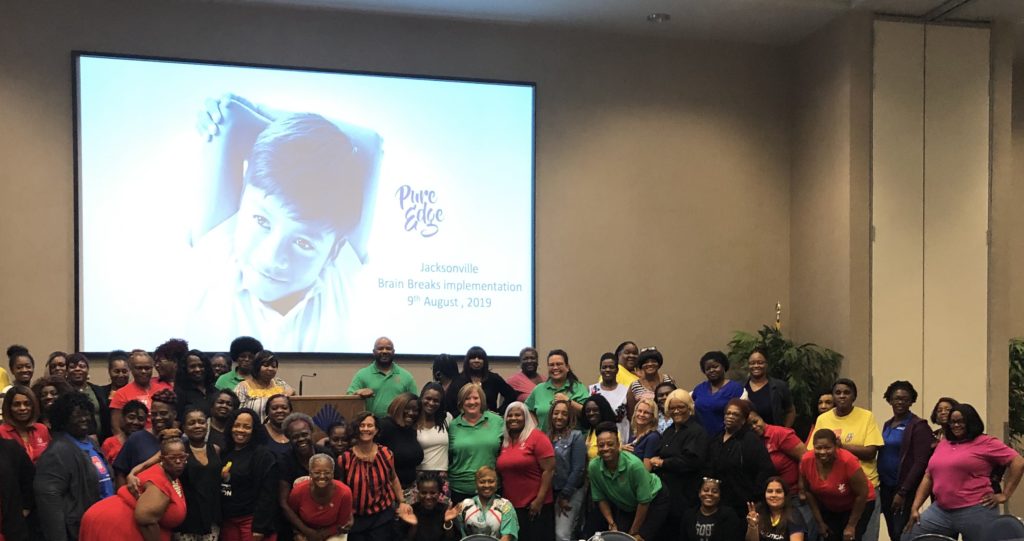
LSF Duval has partnered with Pure Edge to build on its Head Start program’s incredible turnaround. Five years ago, no one would have believed that the Head Start program in Jacksonville, Florida, would one day receive a glowing write-up from the New York Times or a feature on NBC Nightly News. A visit from federal […]
D.C. Public Schools Aren’t Afraid to Talk About Love
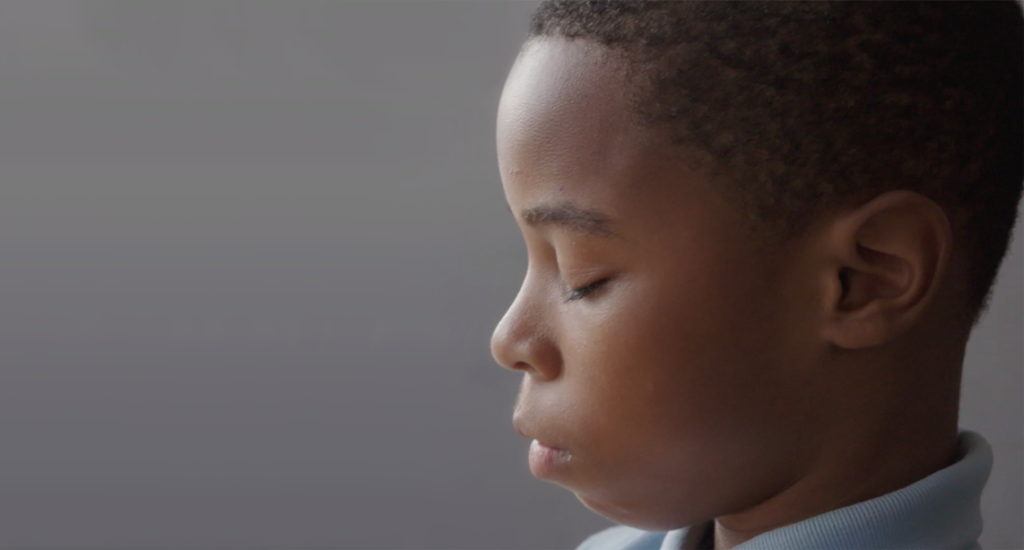
The district has prioritized a social and emotional education for all learners. In many schools and districts, it might be rare to hear the word “love” used freely and with intention by educators and administrators. But during a recent visit to Garfield Preparatory Academy in Washington, D.C., we heard from educators and District of Columbia […]
With Teri Lawler as a Champion, Delaware Commits to Trauma Awareness in Schools and Beyond

The Delaware Department of Education is taking on trauma state-wide through partnerships with organizations like Pure Edge, and Teri Lawler is at the helm. A decade ago, while Teri B. Lawler was working in one of Delaware’s most vulnerable zip codes, a student told her he had seen a body in the street on his […]
Pure Edge, Inc. and Health World, Inc. Forge a Partnership
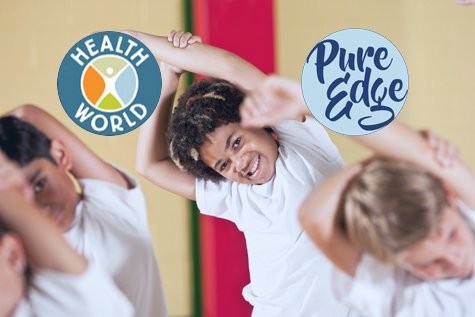
The quest to create a world where all are empowered to live their healthiest lives doesn’t stop at healthy bodies. Through a mutual belief in the importance of supporting healthy minds and a shared passion for learner well-being, Pure Edge, Inc. (PEI) and Health World, Inc. have forged a partnership. Health World, led by President […]
P.E. Teachers Join Pure Edge Team to Present Mindful Movement, Neuroscience of Stress and Simple Strategies at SHAPE America Convention
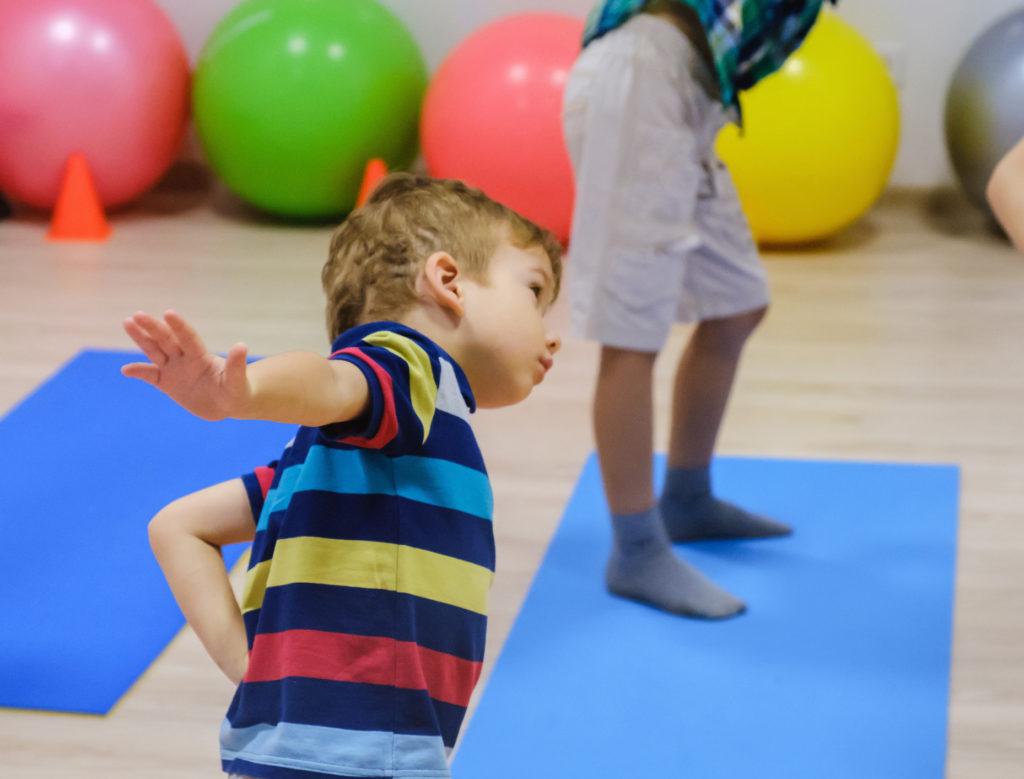
The Society of Health and Physical Educators, better known as SHAPE America, aims to provide programs and resources to achieve health and physical literacy for all children. Pure Edge & SHAPE America have partnered for a three-year engagement at both national and regional conferences. Most recently, the Pure Edge team with the help of two […]
NJ School Districts: Building Resilience Through Integrated SEL Strategies
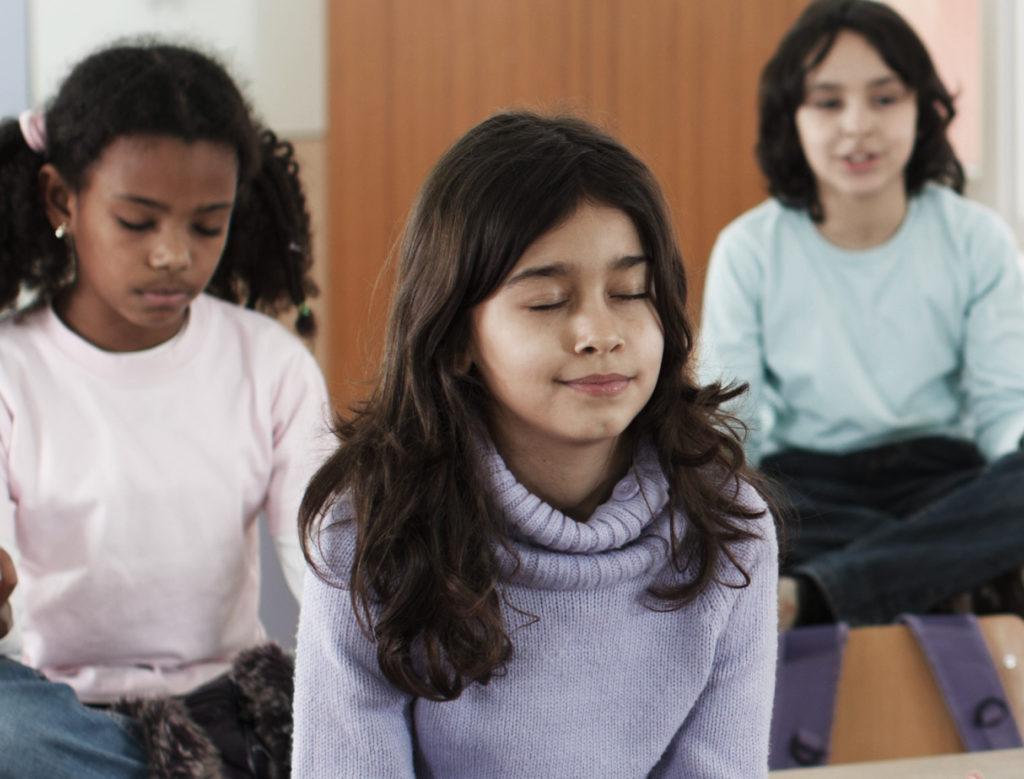
How can a school district ensure a rigorous academic environment without allowing high expectations to negatively impact its students? The competitive and demanding nature of today’s schools is unlikely to change, but districts can and do choose to equip students with tools to help manage stress and to ultimately develop strategies to ward off the […]
Ministry of Public Education (MEP) Costa Rica

Location: Costa Rica Potential Impact: 70,000 teachers, 100,000 total staff, 1,000,000 students Website: https://www.mep.go.cr/ The Ministry of Public Education (MEP) is the largest employer in Central America. When the new government instituted fiscal reforms for all public sectors in the spring of 2018, it triggered the largest mass strikes of public employees in Costa […]
Puerto Rico Department of Education (PRDE)
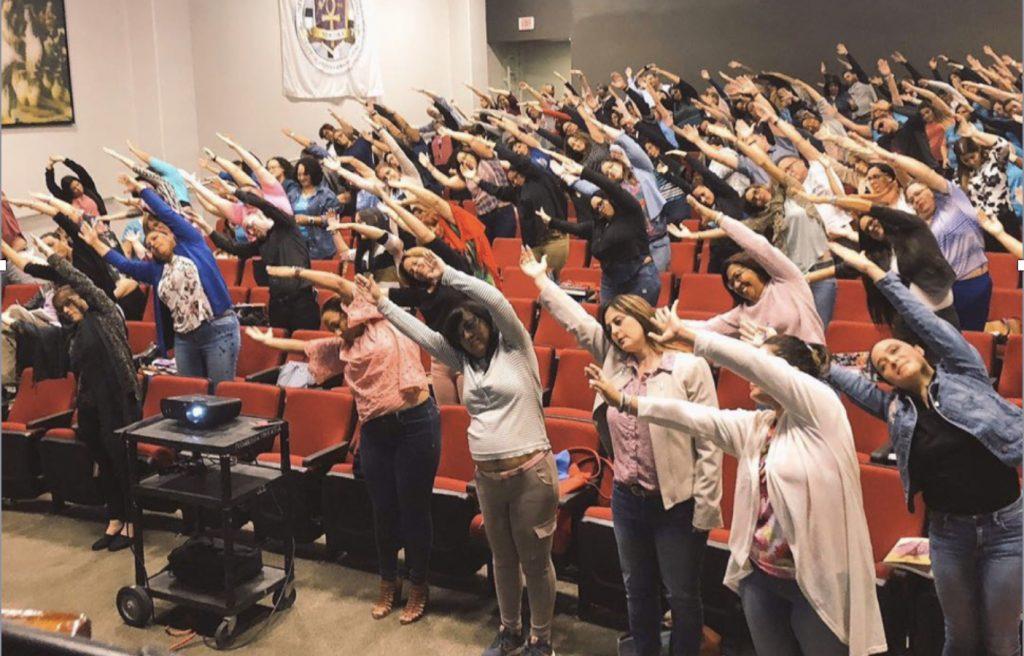
Location: Puerto Rico Potential Impact: 29,000 teachers, 75,000 total staff, 380,000 students Website: www.de.pr.gov Reeling from the aftermath of Hurricane Maria and still suffering from a lack of resources, Puerto Rico became a vital territory for Pure Edge to support. We partnered with the PRDE in July 2018. In 2017, legislation, Law 85, passed […]
Commonwealth of the Northern Mariana Islands (CMNI): Saipan
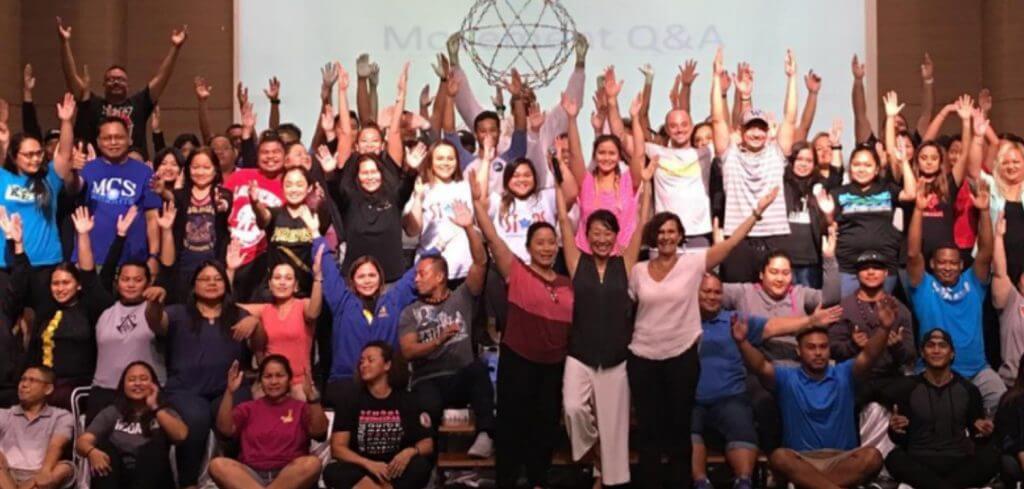
Location: Saipan, Northern Mariana Islands Potential Impact: 400 teachers, 800 total staff, 10,000 students Website: https://www.cnmipss.org/ In September 2018, we received a heart-rending email from a school counselor in Saipan, the largest island in the U.S. commonwealth of the Northern Mariana Islands. She sought Pure Edge’s help for Saipan’s students, emphasizing that being an […]
Why Schools Need Yoga and Mindfulness

Bringing wellness to classrooms will not only reduce stress and anxiety, but also boost performance and satisfaction for all—students, teachers, parents, and the community in general. Here’s how.


